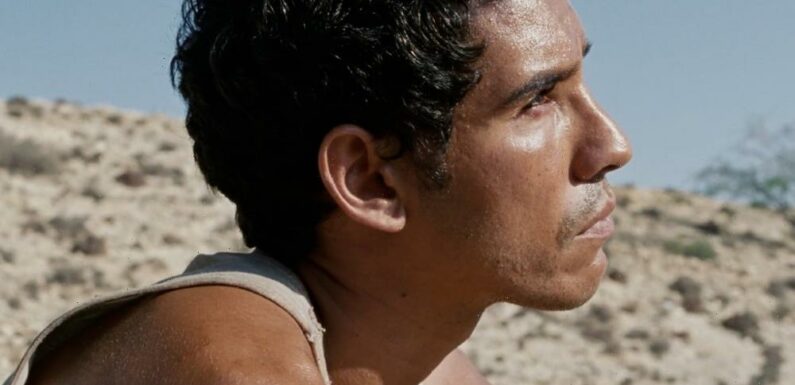
The compelling contemporary drama “Harka” takes place more than a decade after the start of Tunisia’s Jasmine Revolution, yet its frustrated outsider protagonist must try to make his way in circumstances resembling those of Mohamed Bouazizi, the 27-year-old street vendor whose self-immolation sparked that revolution and brought a fresh focus on the country’s corrupt officials and lack of opportunity. Following the well-received documentary “12 O’Clock Boys,” U.K.-born, U.S.-based helmer-writer Lotfy Nathan makes a blistering feature debut that highlights the daily indignities apt to drive a human to an act of desperation. The film world premiered in Cannes, where Adam Bessa’s superlative, all-in lead performance collected the actor prize in Un Certain Regard; six months later, it nabbed the directing nod at Saudi Arabia’s Red Sea fest.
Quiet, lanky twentysomething Ali (Bessa, a French thesp of Tunisian heritage) left his family home in Sidi Bouzid as a teenager and is squatting in an abandoned construction site. Lacking an education, he works as an unlicensed gasoline vendor, a position that leaves him prey to the graft of the local police and the whims of his not-totally-above-board supplier (Hsouna Heni). He’s saving his hard-earned dinars to pay a smuggler to get him to Europe, where he hopes to find more opportunities and some dignity.
Just as Ali is getting close to the amount he needs to depart, family obligations throw him off course. His father dies of cancer and his older brother Skander (Khaled Brahem) takes off to work as a waiter in the tourist resort town of Hammamet, leaving Ali to take care of his sisters Sarra (Ikbal Harbi), who had to drop out of school to work as a housecleaner, and the youngest of the family, Alyssa (Ikbal Harbi), still a student. The trio manages for a while, with Ali taking on more dangerous illegal work, but his dream is destroyed when they learn that their father has left them responsible for an unpaid bank loan and their home will be forfeit if they cannot pay the principal, plus late fees.
Everything Ali tries proves for nought. Although Tunisia has a law stating that children can replace their parents at work, there is nothing for him at his father’s company since the older man was gone for too long. And Skander reneges on providing the money he promised in a heartbreaking scene where the humiliated Ali feels as if the rich tourists at Skander’s restaurant disdainfully look right through him. Sadly, he can find no recourse anywhere. His gasoline distributor refuses to pay him, local bureaucrats are unhelpful, the police rob and beat him, and even other Tunisians sneeringly treat him as a loser.
Although this narrative synopsis may sound grim, director Nathan’s surprisingly lyrical visual style and a poetic voice-over by Alyssa make the film transcend mere misery porn to something more poignant and profound. The sensitive, naturalistic camerawork by young German cinematographer Maximilian Pittner is attuned to the country’s landscapes as seen through Ali’s eyes, from the shabby, impoverished areas of Sidi Bouzid to the Hammamet seaside where he grabs a moment’s respite in the water, entering from a rocky outcropping rather than the beaches reserved for tourists, to the dusty border with Libya where hard-bitten smugglers swiftly exchange illegal goods while warily watching for the authorities.
Per the Cannes press kit, the title has a dual definition, both of which are pertinent to the narrative. One meaning refers to those who migrate illegally across the Mediterranean by boat; the other means to burn.
Read More About:
Source: Read Full Article